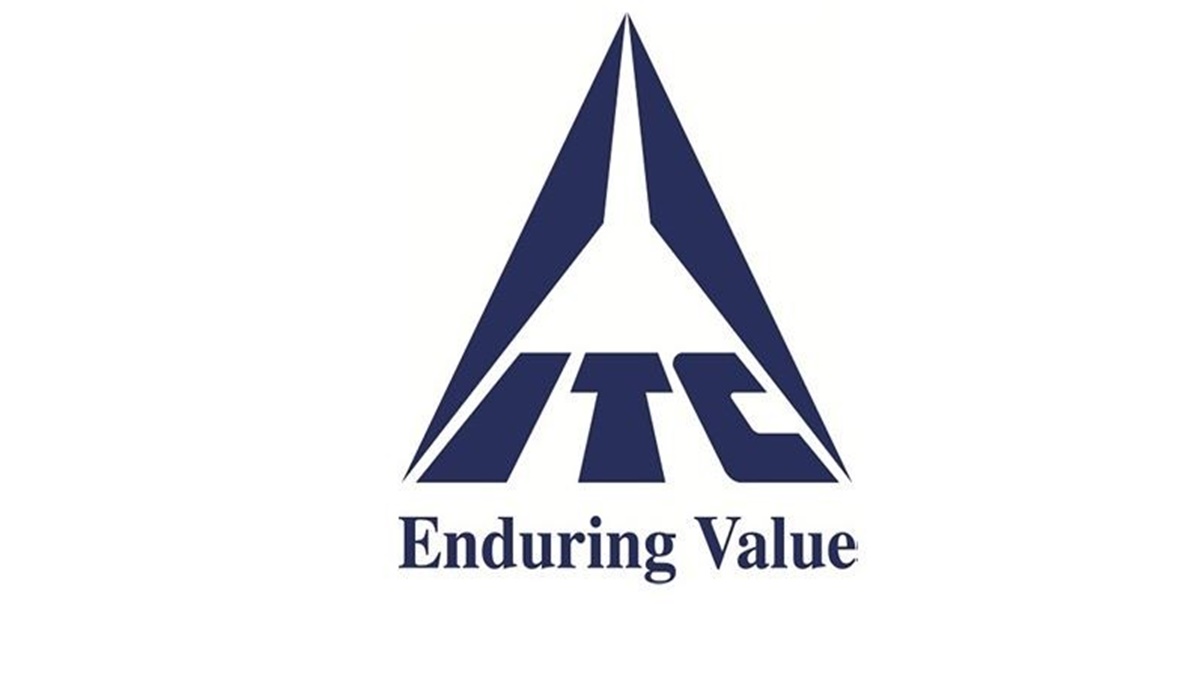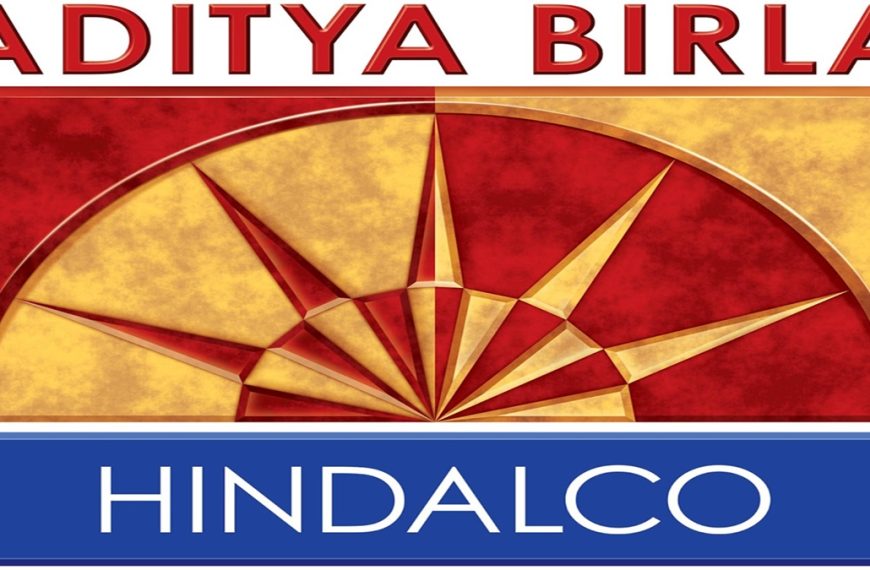In a strategic move to enhance its portfolio, ITC Limited has acquired the pulp and paper business of Aditya Birla Real Estate for approximately Rs 3,500 crore. This acquisition aims to address the increasing demand for sustainable packaging solutions across various sectors, including e-commerce, quick-service restaurants (QSR), fast-moving consumer goods (FMCG), and pharmaceuticals.
Acquisition Details and Market Impact
The deal, valued at about one times the sales of the Aditya Birla pulp and paper division for the fiscal year ending March 31, 2024, aligns ITC with other major players like JK Paper, who also operate on similar valuation multiples. With this acquisition, ITC is set to boost its existing capacity in the paperboards and specialty business by nearly 4.8 lakh tonnes, adding to its annual throughput of one million tonnes.
Challenges in the Paper Industry
Despite this acquisition, investors are expressing concern over declining margins within ITC’s paper and packaging sector. The standalone operating margins for this division have decreased significantly, showing a 590 basis points year-over-year drop to 11.4% during the first three quarters of FY 2025. This trend is largely attributed to an influx of imported paper products and rising domestic wood prices.
The announcement of the acquisition was made on a Monday, and ITC shares hovered around Rs 409.6 during early trading on Wednesday, reflecting stability amidst broader market fluctuations.
Broader Business Landscape
In addition to its paper business, ITC’s hotel division, ITC Hotels, made its debut on the stock market in late January 2025. The stock was trading at Rs 205 on Wednesday, nearing its 52-week peak of Rs 213.25 achieved just a day prior. The hospitality sector is currently attracting significant investor interest, fueled by robust income growth and aggressive expansion plans by leading hotel chains.
ITC Hotels currently operates 144 hotels and aims to expand this number to 191 over the next four years, with a focus on asset-light, managed properties.
Monitoring Consumer Demand
Investor sentiment is increasingly focused on potential recovery in urban and rural consumer demand as FY 2025 progresses. This aspect is crucial for ITC’s core businesses, particularly its cigarettes and FMCG segments, which include packaged food and personal care products. In the first nine months of FY 2025, the FMCG segment reported a 5.2% year-over-year revenue increase to Rs 16,486 crore, while the cigarettes division saw a 6.9% rise, reaching Rs 24,231 crore.
ITC’s Stock Performance
Over the past year, ITC shares have experienced a decline of nearly 4%, contrasting sharply with the 3.5% rise in the broader Sensex index. This underperformance comes at a time when investors are keenly observing signs of recovery in both urban and rural markets.
Currently, ITC is trading at a price-to-earnings (P/E) ratio of approximately 24 times its estimated standalone earnings for FY 2025. In comparison, competitors like Hindustan Unilever are trading at a significantly higher P/E of nearly 47 times, prompting some investors to adopt a wait-and-see approach before making new investments in the FMCG sector.
Conclusion
As ITC strengthens its foothold in the sustainable packaging market through this acquisition, it faces challenges that will require careful navigation. Investors remain vigilant for indicators of recovery in consumer demand, which could significantly influence ITC’s performance in the forthcoming quarters.
For those seeking further insights into market trends, consider exploring articles on momentum stocks and bullish opportunities for 2025.
Note: This article is a general informational piece and should not be considered financial advice. Always consult with a financial advisor for personalized investment strategies.











